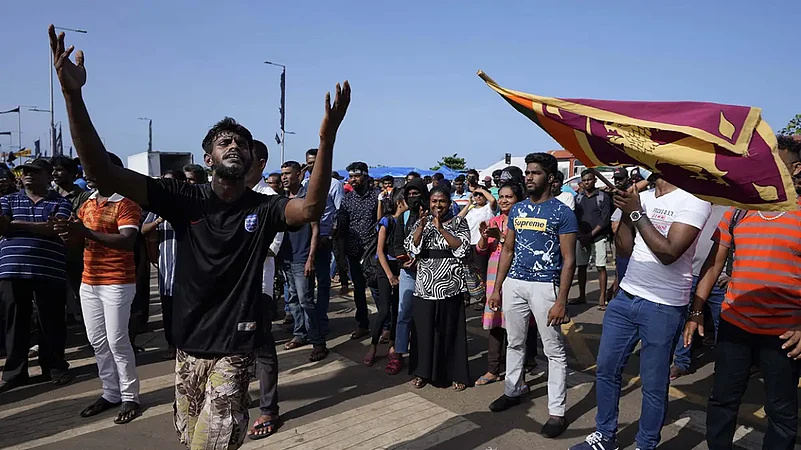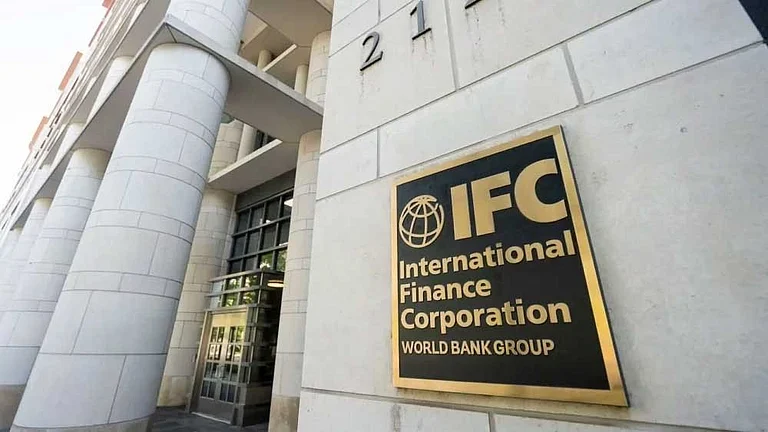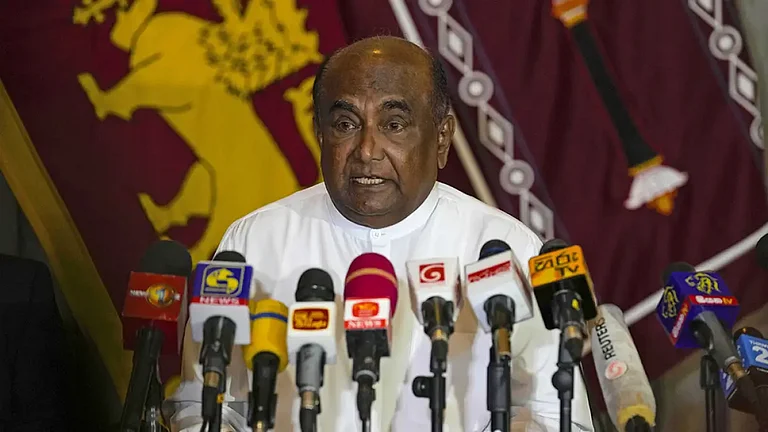Sri Lanka is looking forward to making progress in ending the ongoing debt restructuring negotiations at the IMF and the World Bank’s spring meetings scheduled to begin from Monday in Washington.
Shehan Semasinghe, the state minister for finance, will lead the government delegation along with Central Bank Governor Nandalal Weerasinghe and Treasury Secretary Mahinda Siriwardena.
“Through partnership and collective efforts, Sri Lanka would be able to achieve enhanced growth," Semasinghe said, adding that the talks would be important in securing the next tranche of the USD 2.9 billion International Monetary Fund bailout.
Semasinghe said the funds would benefit low-income families with the extended relief programme 'Aswesuma'. Over 182,000 such families will be credited their cash handouts by the end of this week.
Sri Lanka aimed to strike debt restructuring deals with private creditors and sovereign bondholders by June to meet the IMF bailout programme targets.
“We expect fruitful engagements that will pave the way for unlocking the next tranche of essential funding and a speedy debt resolution which will enhance economic stability, confidence, sustainable growth, restore debt sustainability and ultimately, improve the welfare of every Sri Lankan citizen," Semasinghe said in a post on X.
The IMF and World Bank meetings will take place in the background of both the World Bank and the ADB warned last week that detailing all hard economic reforms in the election year could hamper the recovery.
It's been two years since Sri Lanka declared its first-ever default on sovereign debt. The negotiations for debt restructuring continue.
The island nation goes for a presidential election in the last quarter of this year, while the parliamentary election is due mid-next year.
However, political uncertainty prevails in the country as opposition parties have pledged to reverse the current IMF-linked reforms, which have proved unpopular with the masses.
President Ranil Wickremesinghe, who has steered the recovery programme by going into a bailout deal with the IMF for a USD 2.9 billion facility, maintains that the island could once again face economic collapse if the IMF programme reforms are not adhered to.































